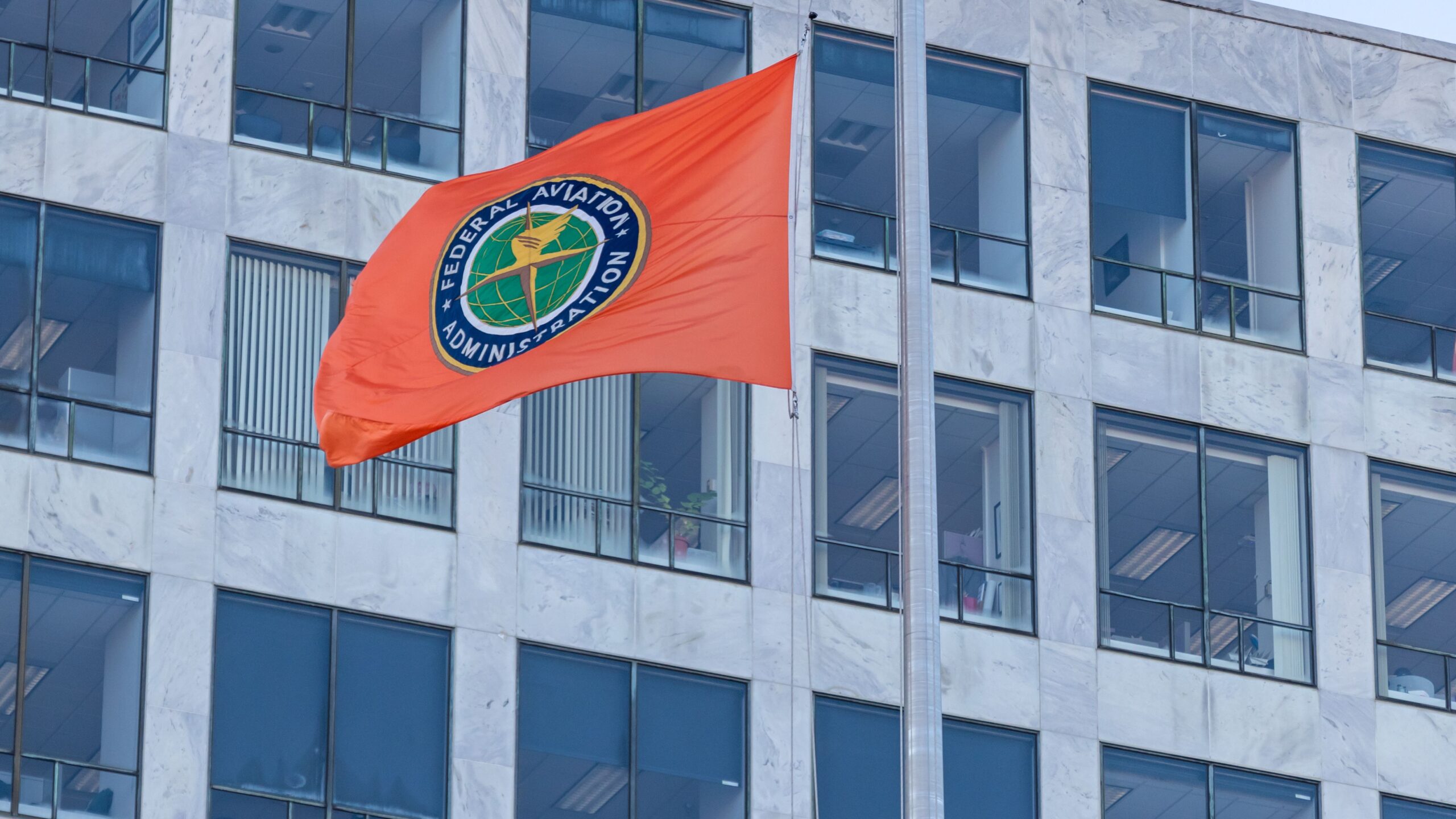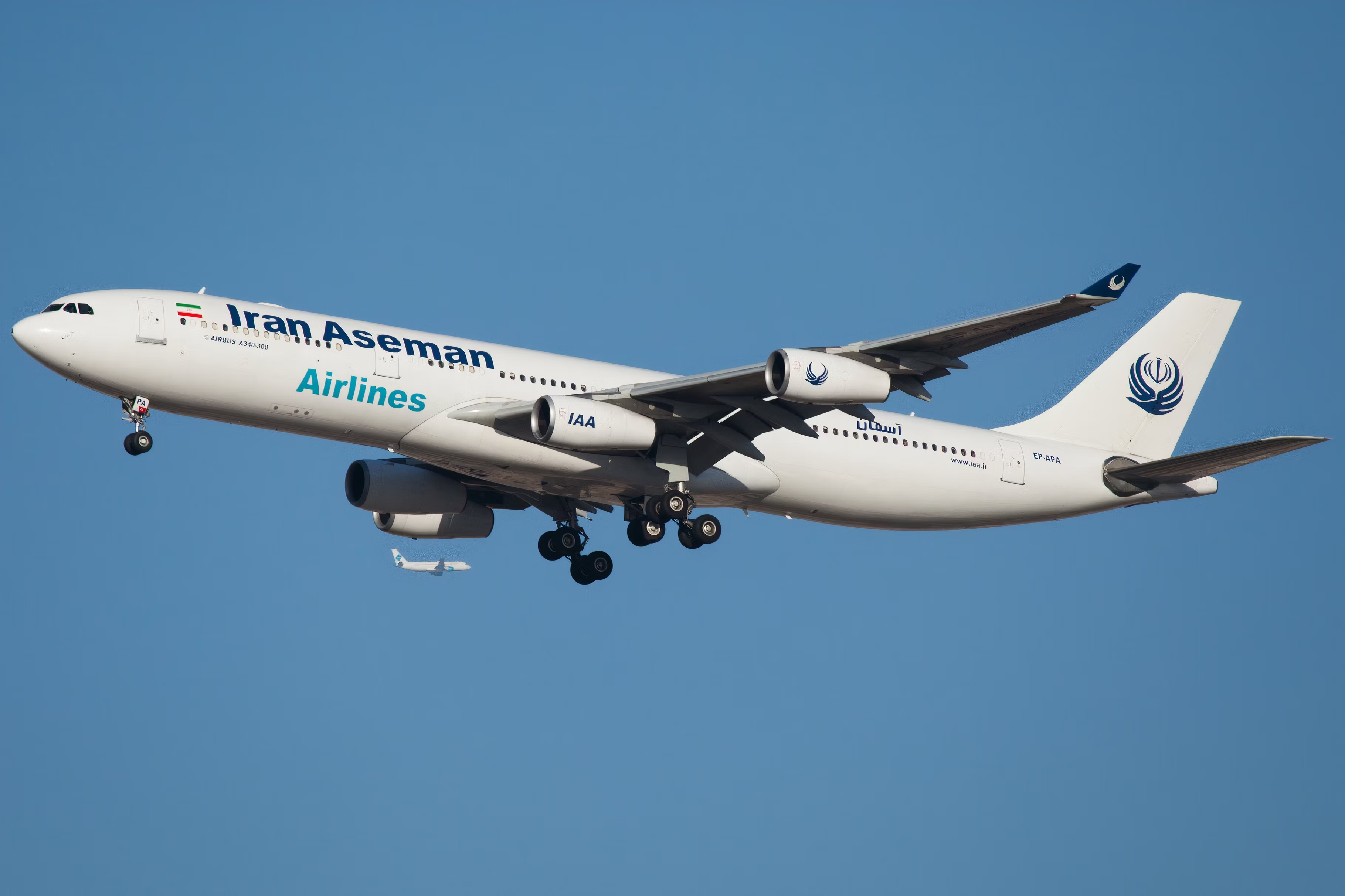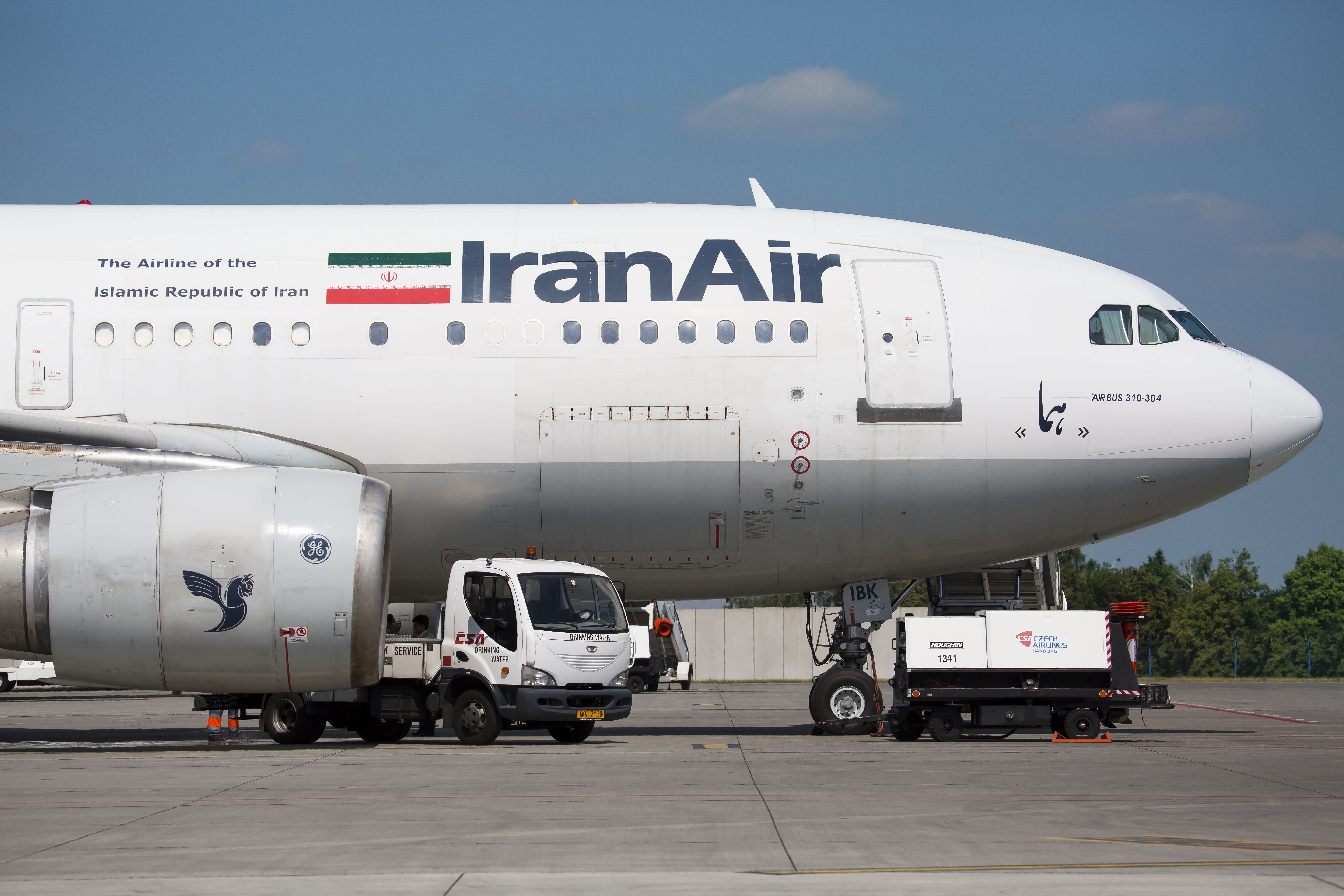The former US Federal Aviation Administration (FAA) contractor was indicted for acting and conspiring to act as an agent for the government of Iran, according to the US Department of Justice (DOJ). The person in question is Abouzar Rahmati, a 42-year-old naturalized US citizen and resident of Great Falls, Virginia.
Obtaining sensitive information
The indictment reveals that from at least December 2017 through June 2024, Rahmati conspired with Iranian government officials and intelligence operatives. He met with Iranian intelligence officers in Iran and used a cover story to communicate with co-conspirators and hide his activities.
Photo: Mehdi Photos | Shutterstock
After securing a job as a Federal Aviation Administration
contractor that gave him access to sensitive non-public information, Rahmati gathered open-source and classified materials related to the US solar energy industry and passed them to Iranian intelligence. Commenting on the news, Assistant Attorney General Matthew G. Olsen of the Justice Department’s National Security Division said:
“As alleged, the defendant conspired with Iranian officials and intelligence operatives, even lying to obtain employment as a US government contractor only to then share sensitive government materials with Iran.”
Rahmati also applied for several jobs with private companies and US government agencies to gain access to sensitive information. He eventually secured a position with US Company 1, where he supported the FAA
on a contract related to the power and electrical systems of the National Airspace System (NAS).
The FBI Washington Field Office is investigating the case, with significant assistance from the FAA’s Office of Counterintelligence and Technical Operations. Commenting on the indictment, Executive Assistant Director Robert Wells of the FBI’s National Security Branch, said:
“This indictment describes the reprehensible actions of an individual who allegedly betrayed his country by transferring sensitive US information to a foreign power. This alleged betrayal not only undermines our national security but also puts US jobs and livelihoods at risk.”
It is worth noting that Iran and the United States
have had no official diplomatic relations since 1980 as a result of the Iranian takeover of the American Embassy on November 4, 1979.
Infiltrating aviation agencies
Infiltrating aviation agencies can give access to sensitive information about national security, operational procedures, aircraft design, and aviation security.
Photo: kamilpetran | Shutterstock
This information can be misused for various reasons. Knowing security measures and protocols can help bad actors find weaknesses in the system, making it easier to carry out attacks or sabotage. Infiltration could also allow these individuals to influence decisions and policies in aviation.
Sanctions on Iranian aviation
Sanctions imposed by the US and other regions on Iran have resulted in numerous restrictions on the country’s airlines, hindering connectivity and growth within the Iranian air transport sector over the years.
Similar situations have been observed globally, where a weak economy or political instability greatly affects airlines. Iranian carriers, in particular, face multiple challenges, prompting them to seek innovative ways to obtain new aircraft and parts. Despite these difficulties, Iranian airlines continue to operate, albeit with significantly higher risks and costs.



